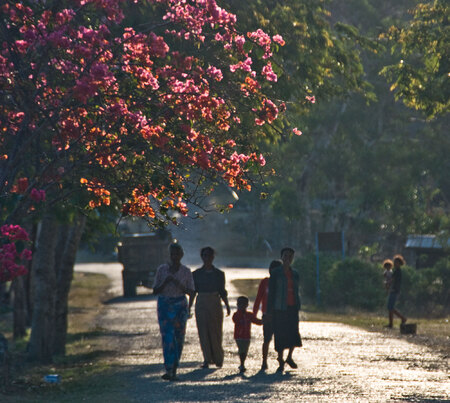[Originally published in the Vanuatu Daily Post’s Weekender Edition.]
Last week, I wrote about how our parliamentarians have yet to embrace the roles and responsibilities which they were elected to perform. Everyone is so intent on getting into government – or staying put, once there – that they ignore most of the political tools available to them.
On Thursday last week, distracted by a looming no-confidence vote, Parliament passed dangerously flawed legislation amending the Employment Act. The changes included improvements in maternity leave, adjustments to employer liability when a staff member resigns on short notice and changes to the way annual leave accrues.
But what got every employer’s knickers in a knot was a change to how severance is handled. The rate of accrual was increased by 300%. Worse, every worker, no matter how short their employment or the circumstances of their departure, is to be eligible.
The outcry was immediate, irate and, occasionally, irrational. Many employers immediately sacked all their staff, paid out whatever severance was due and re-hired everyone, sometimes at reduced rates calculated to discount the increased severance. Others requested that their staff resign, avoiding severance payouts entirely.
Expat workers were needlessly affected. In spite of being ineligible for severance, employment offers were shelved, contractors were shuffled between companies, salaries cut. Businesses closed briefly to process the artificial staff turnovers.
None of this was necessary. Not now at least, and in some cases not ever.

